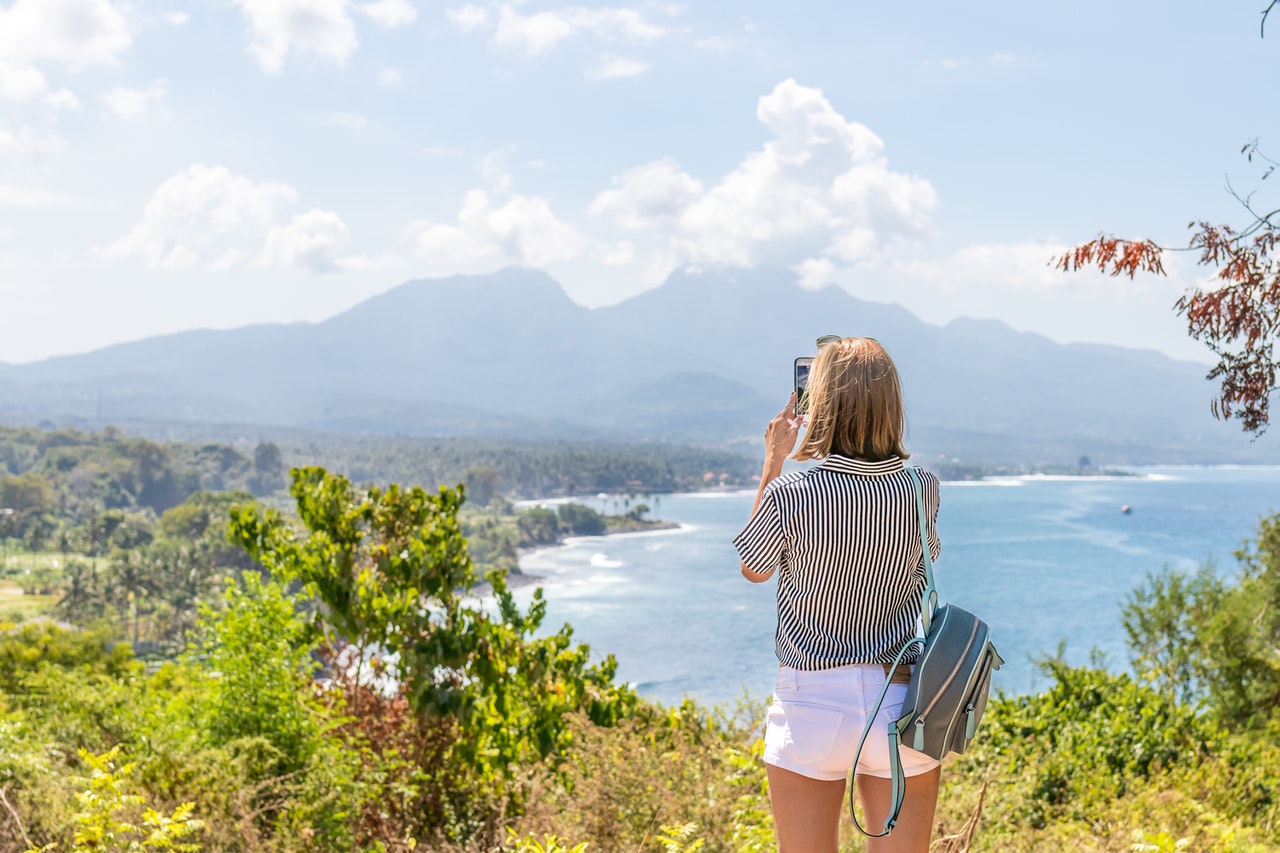Image Source: Pexels.com
Camping can be a fun and exciting adventure. It’s wonderful to get away from the stress of daily life and enjoy the great outdoors. However, if you’re a beginner, preparing for your first camping trip can seem daunting. A bit of research, planning, and preparation can have you feeling more confident in no time. Take a look at these 10 tips for first-time campers.
1. Prepare a Checklist
One of the best ways to make sure you have everything you need as a first-timer is to follow a checklist. You can find ready-made lists and customize them for your own needs. Forgetting camping gear or supplies could be a mere annoyance. Unfortunately, it’s also something that could ruin your whole trip. You’ll find great peace of mind from following a list.
2. Test Your Gear
You’ll also feel a lot better if you test out your gear ahead of time so that you know how everything works. This simple step can help to avoid a great deal of frustration, as well as save time. In addition, be sure to choose a tent that’s big enough for your whole crew.
3. Check the Forecast
Be sure to check the weather so you can be prepared in the event of rain or strong winds. Always be ready for the worst, just in case. Weather is often unpredictable. Bring appropriate clothing for rain and cool temperatures. Having a canopy is helpful so you can be outside of your tent while staying dry.
4. Make Meal Planning Simple
Try to keep meal planning as simple as possible. Outdoor cooking can have a learning curve. Plus, do you really want to drag along a ton of ingredients and supplies? Sticking to the basics is usually wise, especially as a newbie.
5. Prepare for Safety
Being away from home and spending significant time outdoors requires special attention when it comes to camping safety. You’ll definitely want to learn about fire safety in advance. Bring along a first aid kit and bug spray. Stay hydrated and dress accordingly.
6. Consider a Practice Run Close to Home
Another way to get some experience under your belt and gain some confidence is to do a practice run close to home. Find a camping area nearby and set up there for the weekend. This is a low-stakes way to practice your skills. If you should run into a disaster of some sort such as a leaking tent or forgetting something important, it’s easy to head back home and regroup.
7. Arrive Early
Try to head out for your campsite as early as possible. This will allow you plenty of time to get set up while it’s still daylight. You’ll also be giving yourself a buffer to get settled and find the lay of the land.
8. Review the Rules
Whether you’re enjoying MI state park camping or visiting a private area, every campsite has its own set of rules and regulations. Take time to visit with the camp’s office staff before setting up your site. This will allow you to find out any specific information you may need regarding the rules you’ll need to follow. You may even be able to obtain a camp manual on the campground’s website ahead of time.
9. Bring Along Fun Activities
There are lots of ways to have fun at camp. Fishing, boating, swimming, hiking, and exploring are all enjoyable. You will probably also want to bring some entertainment from home for your downtime or in the event of rain. Board games, a book, drawing paper, or your favorite hobby are all things to consider. It’s especially important to have extra entertainment if you’re camping with kids.
10. Go in a Group
Finally, consider camping with a group for your first couple of trips. This is a safety measure. Solo camping should probably wait until you have some practice under your belt and feel more confident about your skills. You’ll appreciate having help available for your early ventures.
These tips for first-time campers should be a good start toward making your beginning camping experiences rewarding. Taking the time to plan and prepare will make every trip better, and soon you’ll find that gathering your gear for your next adventure will be a breeze.
